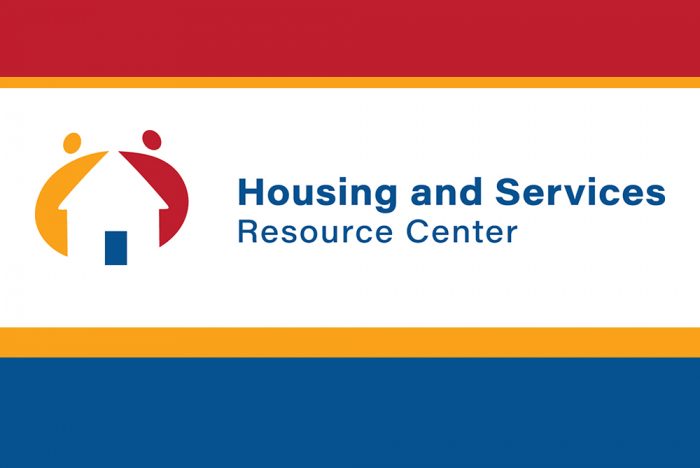About 73% of the American “Baby Boomer Generation” (between the ages of 57 and 75) hope to receive long-term care (LTC) in their current home. Another 17% want to receive LTC in an assisted living facility, and 2% would prefer to receive LTC in a nursing facility.
About 47% of non-retired Americans and 33% of retired Americans say they are concerned that it will not be safe for them to remain in their home when they need LTC. As a result, only 56% of Baby Boomers believe that their home is the most likely place for them to receive LTC, 23% believe receiving LTC in an assisted living facility is most likely, and 6% believe they are most likely to need nursing home care.
A full 50% of adult Americans feel it is the responsibility of their family to care for them if they need LTC; this equates to 69% of Millennials, 52% of those in Generation X, and 33% of Baby Boomers. About 70% of adult Americans would like to have the option of relying on a family member if they need LTC; however, 70% also would not expect a family member to provide LTC without compensation. A total of 66% are worried that they will become a burden to their family as they get older.
More than half of respondents consider themselves at least somewhat knowledgeable about the options available in LTC. For Baby Boomers, approximately 49% said they were very or somewhat knowledgeable about their options. About 63% of Millennials said they were very or somewhat knowledgeable about their options, and 55% of those in Generation X said they are familiar with their options.
More than 60% of respondents said they were uncertain about costs related to specific LTC options. When asked about the costs for assisted living communities, 63% of Baby Boomers said they were unsure about annual costs, compared with 61% of those in Generation X and 59% of Millennials.
In 2020, the estimated annual median costs of US assisted living communities was $51,600. When asked what they thought this number was, Baby Boomers estimated the cost to be $65,000. Those in Generation X estimated this cost to be $41,379; and Millennials estimated the cost to be $23,467.
About 88% of Americans believe it’s very important for people to have a plan for LTC insurance. A total of 86% said that it is very important to have LTC insurance. However just 25% of those surveyed said they currently own LTC insurance for themselves. Millennials (39%) are more likely than those in Generation X (26%) and those of Baby Boomer age or older (19%) to claim they currently own LTC insurance for themselves.
These findings were presented in the 2021 Nationwide Long-Term Care Consumer Survey, conducted by The Harris Poll for The Nationwide Retirement Institute® in October 2021. Researchers at The Harris Poll surveyed 1,812 US adults aged 24 or over, and 706 caregivers. The goal was to determine trends in consumer opinions, expectations, and planning related to long-term care.
The full text of the 2021 Long-Term Care Consumer Survey results was published December 8, 2021, by Nationwide.


















